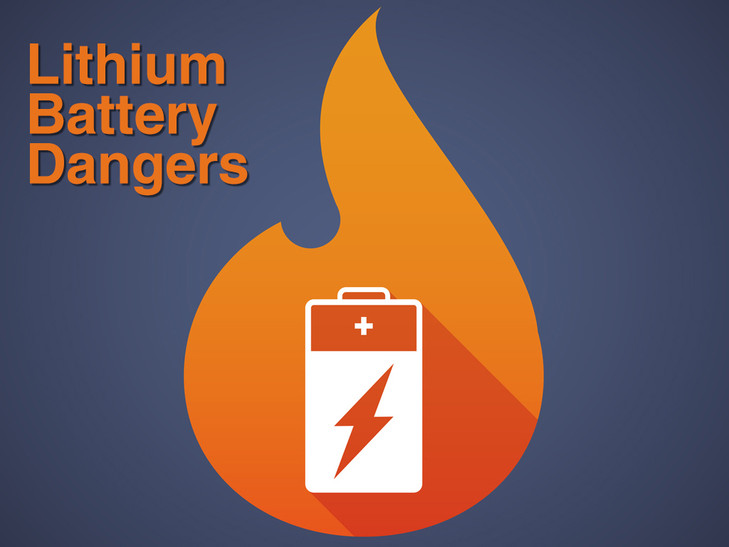Lufthansa Cargo blacklisting move highlights the challenge of DG shipments
16 / 09 / 2019

OPINION: Lufthansa Cargo temporarily blacklisted a manufacturer and two forwarders following an incident at Hong Kong International Airport.
The shipper is a Chinese vape manufacturer, which suggests that the incident was related to the Lithium-ion batteries used in vapes.
Lufthansa has not released any details of the issue and stated that it generally imposes an embargo on customers and conducts an investigation in the event of a violation of its transport regulations.
While this course of action suggests that there are not going to be any serious repercussions for shippers and forwarders who violate dangerous goods regulations, the fact that the case has reached the public eye indicates a need for more measures to prevent future incidents.
The rise of e-commerce has multiplied the risk of a calamity caused by Lithium batteries.
Much of this is a matter of sheer ignorance on the side of novice shippers, but others are deliberately mis-declaring cargo to cut corners, cynically accepting the risk that lives may be lost as a consequence of their action.
The industry has taken a number of measures – from IATA’s Dangerous Goods AutoCheck tool and work on packaging solutions and fire-retardant materials to initiatives for regulatory changes – but significant risk remains.
The regulatory side has not made the progress that the industry needs. IATA bemoans regulators’ failure to make progress with standards to adopt.
Meanwhile, enforcement is also hampered by bureaucratic hurdles and lack of resources. Undeclared shipments are a customs issue, but customs authorities have been more focused on intercepting counterfeit goods than hazardous materials.
More has to be done. Shipping lines have arrived at this conclusion in the face of a string of container fires – some of them with lethal consequences – that in many cases have been traced back to mis-declared and/or improperly packaged hazardous materials shipments.
This summer several large container lines announced fines ranging from $15,000 to $35,000 for containers in which mis-declared goods are detected. Cargo insurers have applauded these measures.
The fines are hardly sums of a magnitude that would seriously hurt miscreants, but the initiative, and its reception, show that shipping lines as well as a large part of the industry see a need for action. Perhaps the air cargo industry needs to consider a similar stance.













